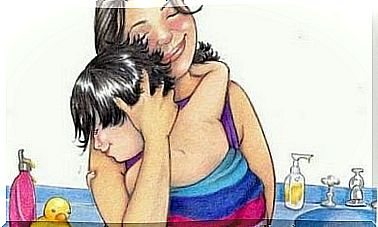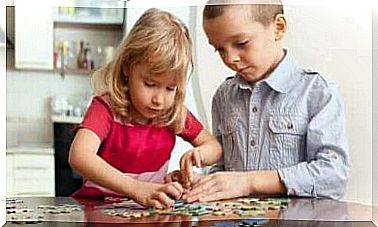Humor In The Classroom – The Importance Of Fun At School
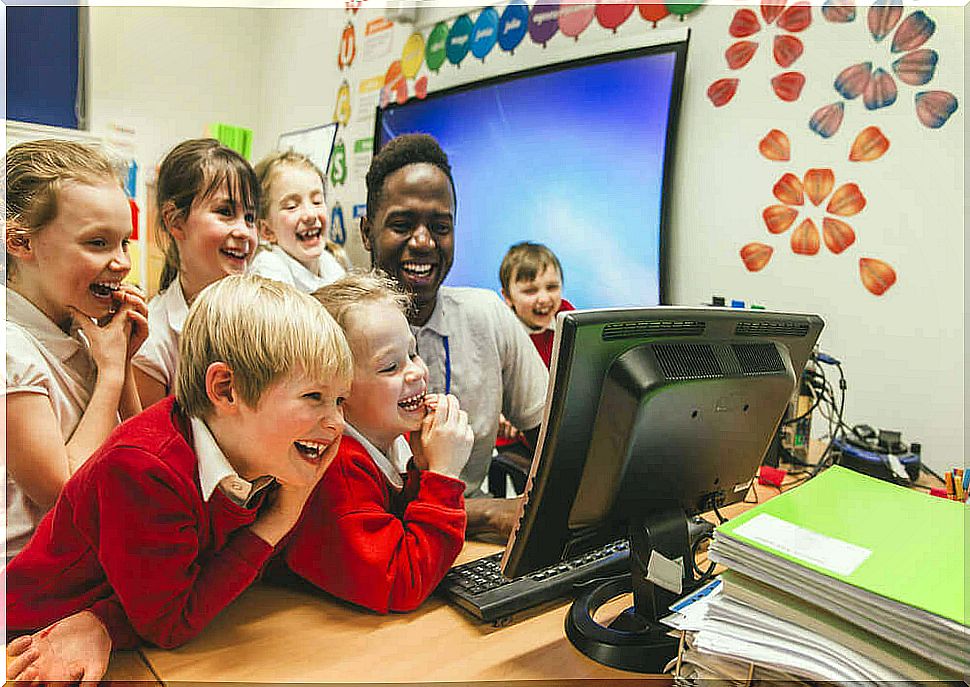
School and education are of immense importance not only to individuals but also to society. Studying is important, but it doesn’t always have to be serious and stressful. Having a teacher bring a little humor to the classroom has a wide range of benefits for both himself and his students.
Humor is the foundation of learning
Anything that causes laughter, fun, and positive emotions can be read as humor. Humor also includes various jokes, games and other stimuli. Humor stimulates our brain’s reward system in a healthy and simple way. For this reason, the child plays to understand and explore the world around them. Through play, the child explores, finds out, and practices important behaviors, and this is done in a relaxing and rewarding way. Whenever possible, the child will play to re-experience these positive emotions. It is clear that the most important learning takes place when it is accompanied by an emotion, preferably a positive one.
What are the benefits of humor in the classroom?
Humor can help reduce stress and increase motivation
The learning process can be difficult for a child. The student may experience frustration, failure, boredom, and tension. For this reason, the classroom can become a stressful environment that causes negative feelings. This in turn can lead to feelings of anxiety and depression in increasingly younger students.
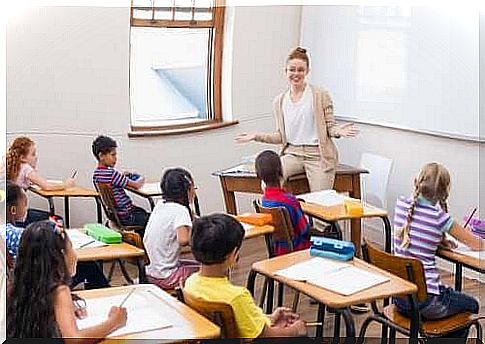
Teachers also live in this tense and exhausting environment on a daily basis. Their moods too can throw up and they can even face burnout. Utilizing humor helps create a positive and relaxed atmosphere where making mistakes does not mean humiliating or fighting. Instead, children feel pleasant feelings of empathy and coexistence.
When you get humor into the classroom, both the teacher and the students are happier and their quality of life improves. The fun motivates both parties to work more enthusiastically. When learning is made enjoyable and fun that produces positive emotions, who wouldn’t want to learn and study?
Effective relationships promote learning
On a large scale, teaching is based on human relationships. The teacher must be able to get the attention of his students and pass on information to them. Peer relationships between students are also important. Humor strengthens intimacy, intimacy and togetherness between people.
The walls between people break down and a confidential and caring relationship with another person is formed. Thanks to humor, tensions soften, relationships converge, and communication improves. Funny information is also much more interesting, so kids remember one better.
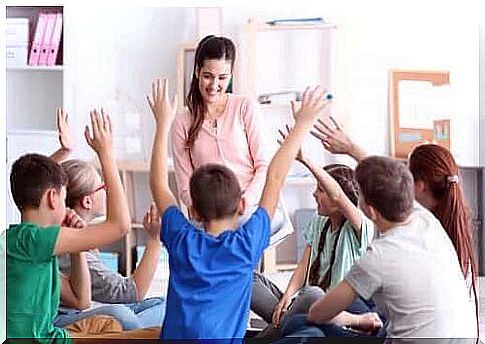
Humor increases mental flexibility
Creativity, cognitive flexibility and analytics are important skills for life. However, schools often have fairly rigid curricula that do not always allow children to actively participate in their education. Thus, the child may become a passive recipient of information who is not interested in things. Adding humor to school makes children’s minds open and flexible. Humor stimulates a child’s broader thought skills. It also helps the child see things from a different perspective.
However, all kinds of humor and fun don’t work in school. Mocking, humiliating, and mocking at the expense of another can offend, even if that is not their intention. Humor should be based on building relationships and learning from mistakes. So it’s good to take advantage of jokes that unite group members and make children feel a sense of belonging. Students should be encouraged to have a relaxed and positive attitude towards mistakes so that they see making mistakes as a natural part of the learning process.

